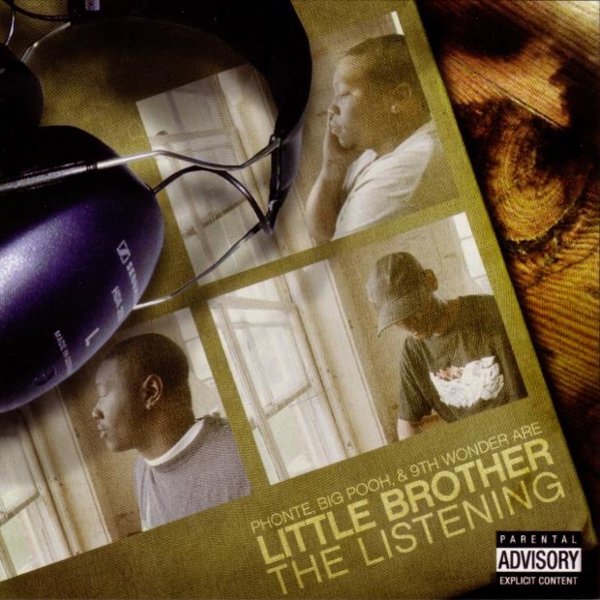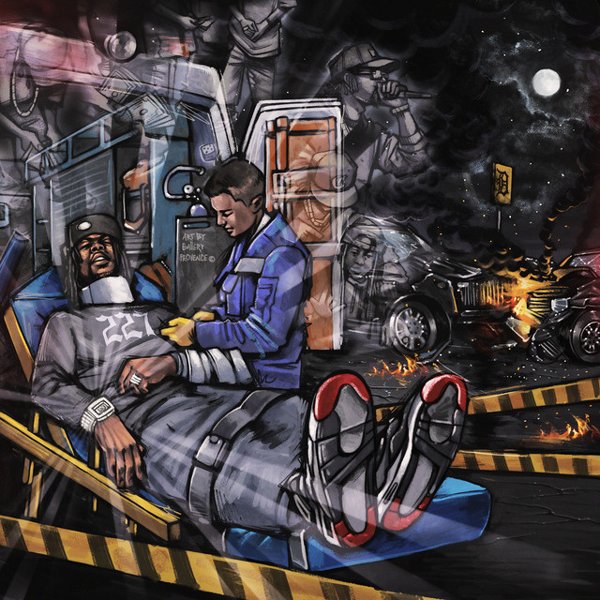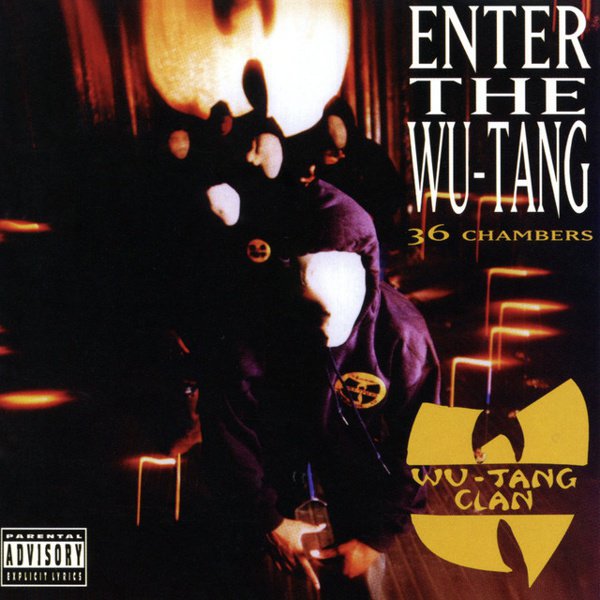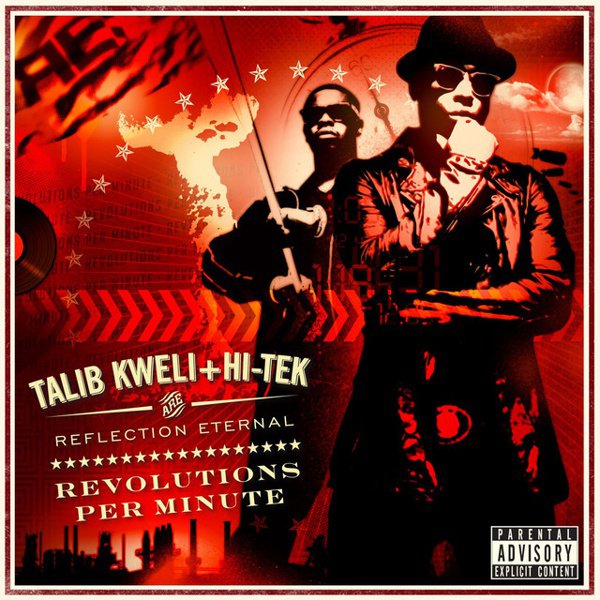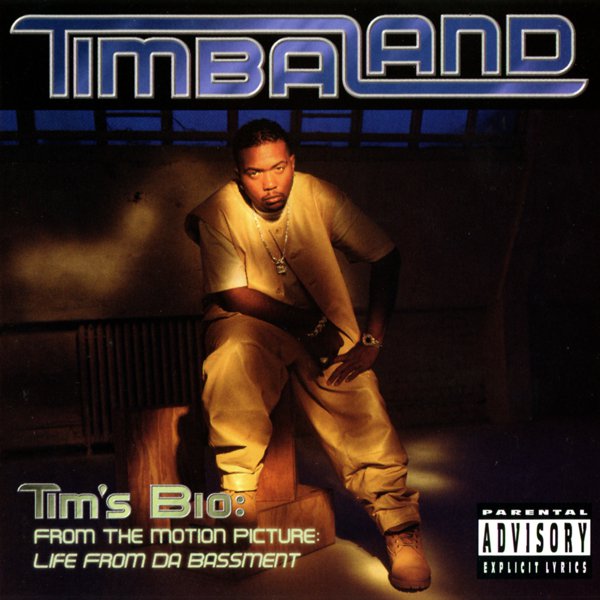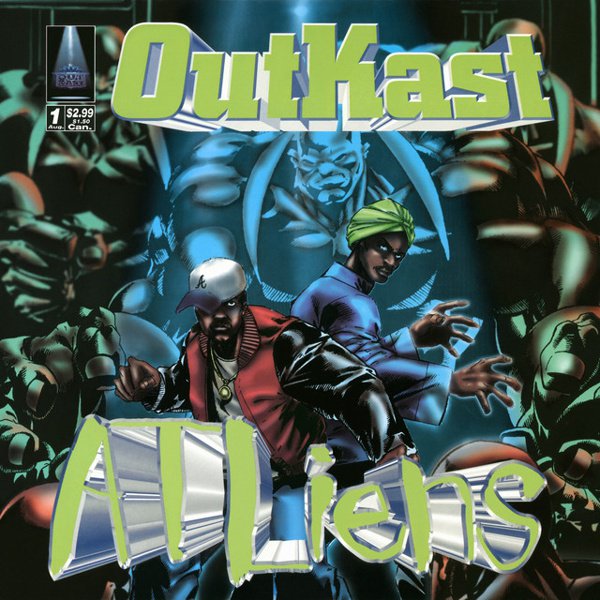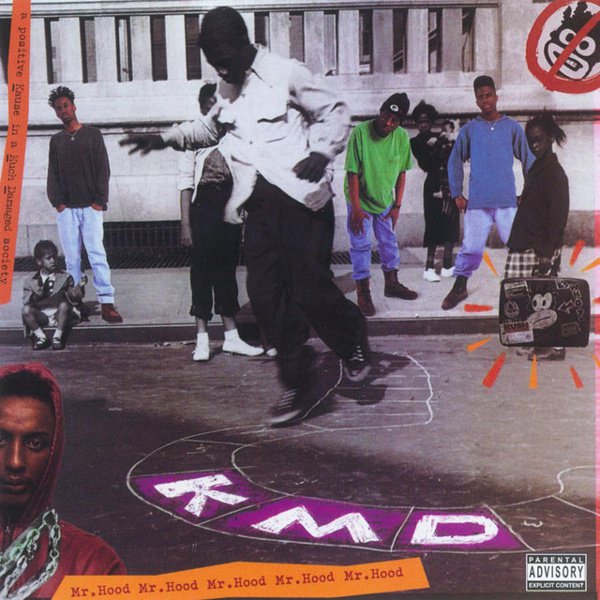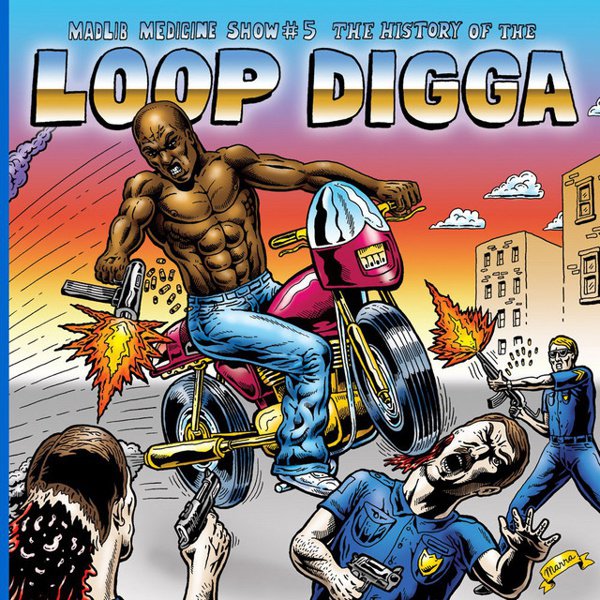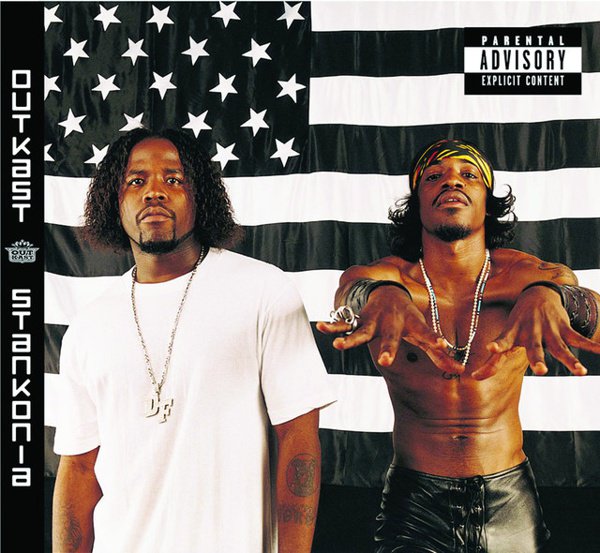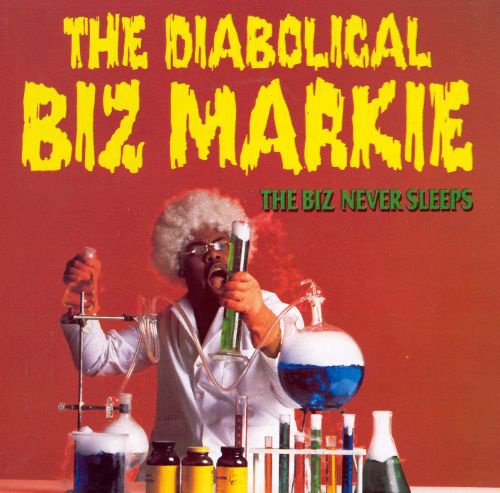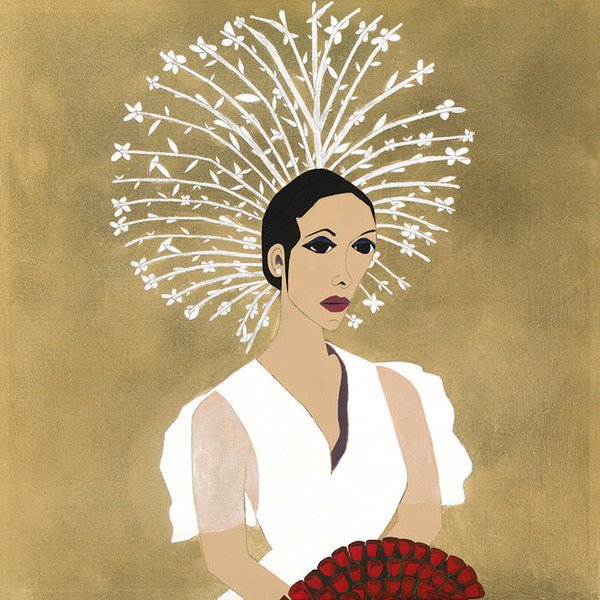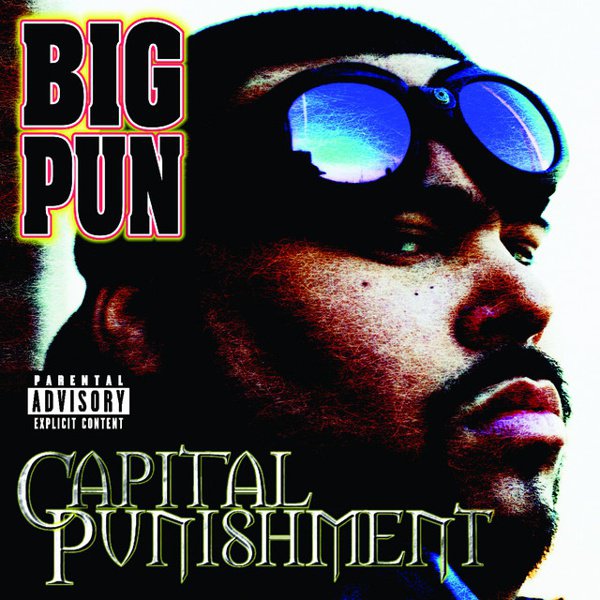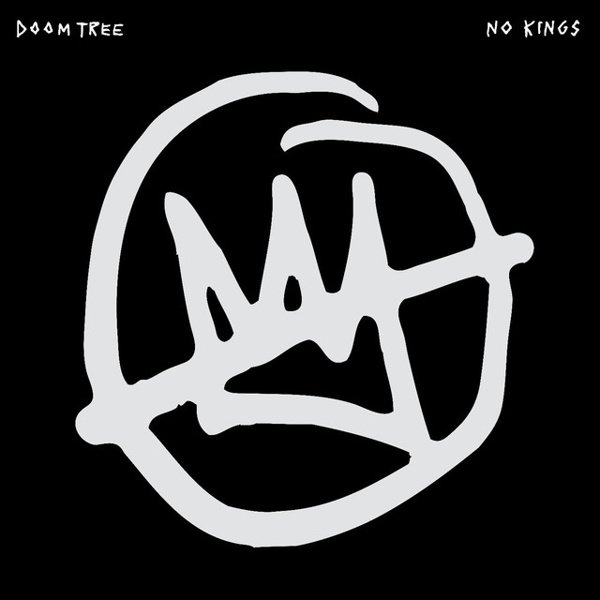The Listening
At the early crest of Southern rap’s still-present dominance of hip-hop culture, North Carolina’s Little Brother were frequently regarded with curiosity or suspicion for seeming like stylistic outliers. Their music wasn’t pocketed away in the more esoteric or artsy reaches of indie rap, but Phonte and Big Pooh were too heavy on a more traditional lyrical focus to comfortably fit in the strip clubs that broke Dirty South hits, and in the midst of peak crunk their producer 9th Wonder was in the process of establishing a Dilla/Hi-Tek-caliber soul-chopping portfolio that recalled the up-North golden era likes of DJ Premier and Pete Rock. But just like “alternative” used to be called “college rock,” this was indie rap as HBCU hip-hop, performed by a group of learning-tree scholars of the old school turned future-fixated idea men. Fortunately, it’d take some advanced level of reactionary anti-intellectualism to cast Little Brother as highfalutin granola-munching scolds: this is keep-it-true hip-hop that centers energetic joy over player-hater resentment, even when they’re reducing fickle hangers-on to the status of unwanted dickriders (“Groupie Pt. 2”) or getting sour over potential girlfriends who reject them because they don’t have big-money record deals (“Whatever You Say”) or getting in their feelings over the idea that a lot of people don’t care enough about lyricism (“The Listening”). (If that approach to interpersonal drama and artistic integrity reads a little standoffish, it never gets antisocial, and the crowd-rocking magnanimity of “Love Joint Revisited” and “Nobody But You”’s romantic reconciliation reveals that they containe multitudes.) The important thing is that they’re heads first, humanists a close second, and cynics barely at all, a trait that was there from the moment they set their lineup: “Speed,” the first song they ever recorded as a group, treats hustle-grind capital as something to be endured rather than celebrated, but also tempers it with a clear perspective on what’s actually worth grinding for in the first place. Their perception would grow deeper over time — controversial followup The Minstrel Show saw their graduation to the majors fueled by an uncompromising rejection of what they saw as a debased version of Black pop culture, much to the chagrin of BET and The Source — but it’s still true that The Listening was the kind of “underground” rap record that reached far beyond any regional or subcultural boundaries that anyone tried to limit it to.

